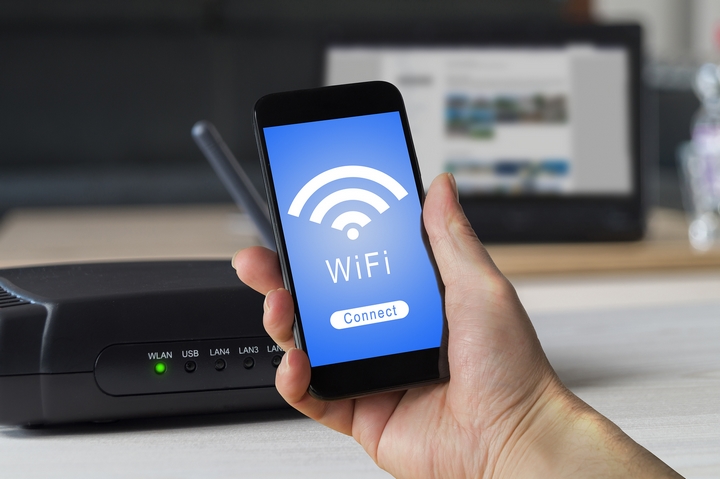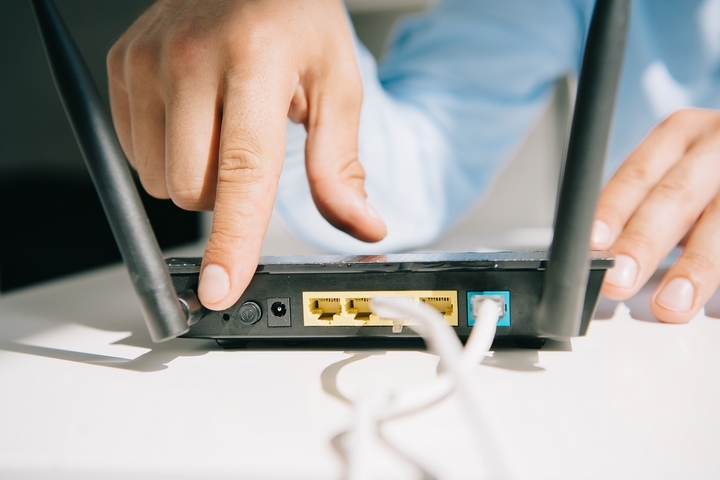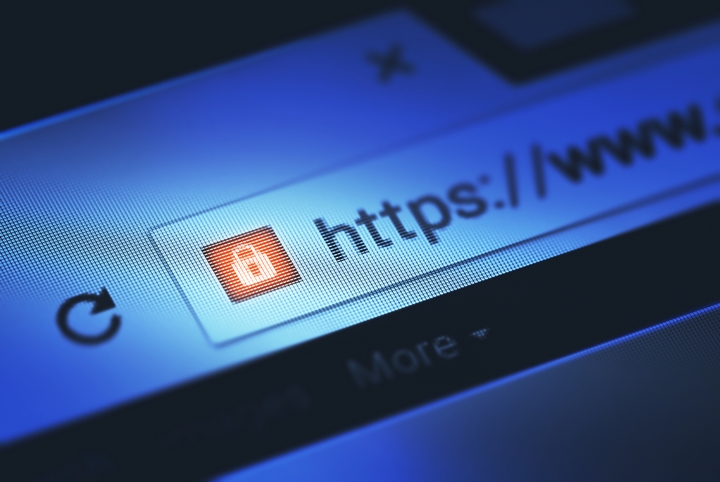Is there really anything more annoying than a slow internet connection? No matter what you’re doing – trying to download your favourite show, watching YouTube videos, researching, or reading the latest news – a slow internet connection can severely ruin your experience and frustrate you at the same time. A slow internet connection can result from many different factors, like having too many devices on your network, a problem with your modem or router, or even a virus.
In this blog post, we’ll teach you eight different ways on how to speed up Internet connection and get you back to happily browsing the net:
1. Check Your Internet Speed
 Start by checking your internet speed. Log in to your internet provider’s website and see which internet plan you’re on. Then plug your speed into a website like fast.com and run a speed test. This will help you see if your internet is running at the speed you’re paying for. If you find the numbers match up, your solution could be as easy as upgrading your internet plan.
Start by checking your internet speed. Log in to your internet provider’s website and see which internet plan you’re on. Then plug your speed into a website like fast.com and run a speed test. This will help you see if your internet is running at the speed you’re paying for. If you find the numbers match up, your solution could be as easy as upgrading your internet plan.
2. Reset Your Hardware
 If you find the numbers don’t match up, it’s time to inspect your hardware. This includes both your modem and router. Start by turning them both off and then on again so they get a good reset. It’s recommended to wait at least 10 seconds (or up to a minute) before turning them back on again. It’s a good idea to do this at the beginning of the troubleshooting process in case a simple reset is all you need to do to get rid of the problem.
If you find the numbers don’t match up, it’s time to inspect your hardware. This includes both your modem and router. Start by turning them both off and then on again so they get a good reset. It’s recommended to wait at least 10 seconds (or up to a minute) before turning them back on again. It’s a good idea to do this at the beginning of the troubleshooting process in case a simple reset is all you need to do to get rid of the problem.
3. Call Your Internet Provider
 If all else fails, make a call to your internet provider. Let them know what’s going on, and that you’ve tried to rectify the issue yourself, and see what they can do. If you are unhappy with your current service provider, it may be time to seek alternative options for Internet packages with faster speeds.
If all else fails, make a call to your internet provider. Let them know what’s going on, and that you’ve tried to rectify the issue yourself, and see what they can do. If you are unhappy with your current service provider, it may be time to seek alternative options for Internet packages with faster speeds.
The representative may be able to do some troubleshooting with you over the phone, or they may schedule a representative to come into your home to investigate and potentially fix the issue.
4. Install Antivirus Software
 Do you have antivirus software installed on your computer? If not, installing one could help speed up your internet. It could be that you downloaded a virus by accident and the malware is eating up all your bandwidth. If this is the case, your antivirus software will let you know and then you can take steps to get rid of the virus and get your internet speed back in the process.
Do you have antivirus software installed on your computer? If not, installing one could help speed up your internet. It could be that you downloaded a virus by accident and the malware is eating up all your bandwidth. If this is the case, your antivirus software will let you know and then you can take steps to get rid of the virus and get your internet speed back in the process.
5. Secure Your Browser
 Since most viruses make their way onto our computers through our internet browsers, it’s recommended to always use a secure browser like Google Chrome, Mozilla Firefox, Opera, or Epic Browser. Having a good antivirus set-up will also help limit the viruses that come in through your internet browsing.
Since most viruses make their way onto our computers through our internet browsers, it’s recommended to always use a secure browser like Google Chrome, Mozilla Firefox, Opera, or Epic Browser. Having a good antivirus set-up will also help limit the viruses that come in through your internet browsing.
6. Delete Your Internet History
 Another simple thing you can do to speed up your internet is to delete your internet history. This isn’t something that’s on most people’s to-do list, so chances are you’ve built up an extensive internet history. This and other factors – like cookies, cached images, and downloads – can all contribute to a slower internet connection. When clearing your internet history, you’ll also have the option to delete stored passwords. Since clearing your passwords won’t be as effective as deleting your internet history, you can leave them in there if you’d like.
Another simple thing you can do to speed up your internet is to delete your internet history. This isn’t something that’s on most people’s to-do list, so chances are you’ve built up an extensive internet history. This and other factors – like cookies, cached images, and downloads – can all contribute to a slower internet connection. When clearing your internet history, you’ll also have the option to delete stored passwords. Since clearing your passwords won’t be as effective as deleting your internet history, you can leave them in there if you’d like.
7. Clean Up Your DNS Records
 A DNS server “is a computer server that contains a database of public IP addresses and their associated hostnames, and in most cases serves to resolve, or translate, those names to IP addresses as requested.” In other words, your computer saves information about the various IP addresses you visit in an effort to speed up future visits to the same website. You can run into problems when a website moves servers and you need to be redirected. To avoid this problem, you can clean up your DNS records. How? Follow these steps:
A DNS server “is a computer server that contains a database of public IP addresses and their associated hostnames, and in most cases serves to resolve, or translate, those names to IP addresses as requested.” In other words, your computer saves information about the various IP addresses you visit in an effort to speed up future visits to the same website. You can run into problems when a website moves servers and you need to be redirected. To avoid this problem, you can clean up your DNS records. How? Follow these steps:
- In your start menu, search “Command prompt”
- Right-click and choose “Run as administrator” (only admins can perform this task)
- Then type in “ipconfig /flushdns” and click “enter.”
Once you receive a message saying the task was completed, you’re good to go. Hopefully, your internet speed is a little better now.
8. Use a Pop-Up Blocker
 Have you ever been waiting for a page to load and you’re assaulted by various pop-up ads? This isn’t doing anything to enhance your internet speed, it’s actually making it worse. Get rid of this problem by installing a pop-up blocker. This will cut the amount of data being sent to your computer and can boost your internet speed, thus enhancing your internet browsing experience!
Have you ever been waiting for a page to load and you’re assaulted by various pop-up ads? This isn’t doing anything to enhance your internet speed, it’s actually making it worse. Get rid of this problem by installing a pop-up blocker. This will cut the amount of data being sent to your computer and can boost your internet speed, thus enhancing your internet browsing experience!
These eight tips can do wonders when it comes to improving your internet speed. Hopefully, some of these tips work for you and you can get back to watching those YouTube videos without a lag or interruption. Happy browsing!

